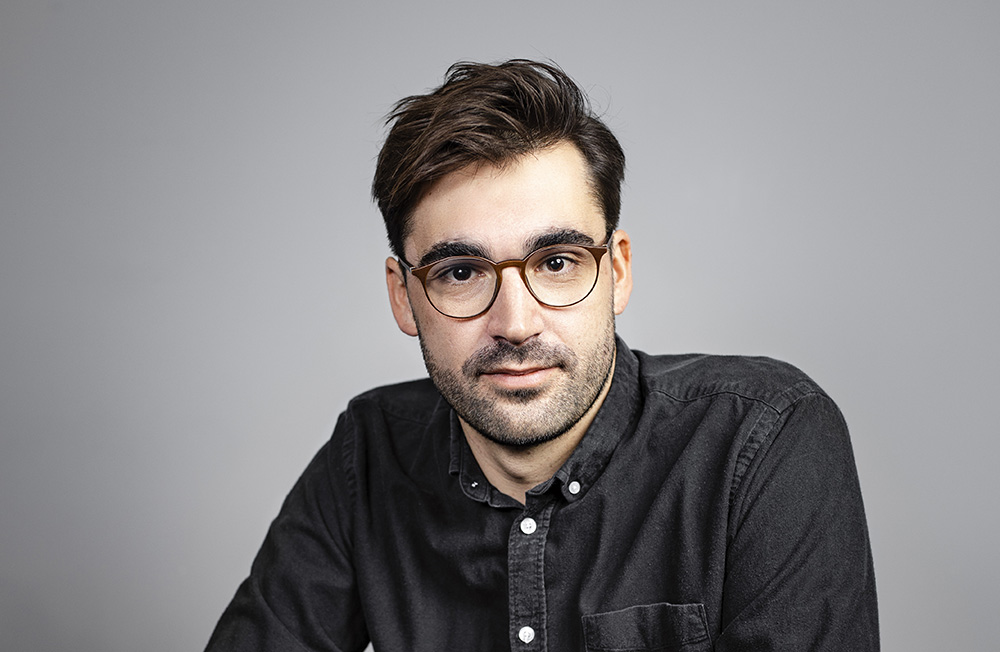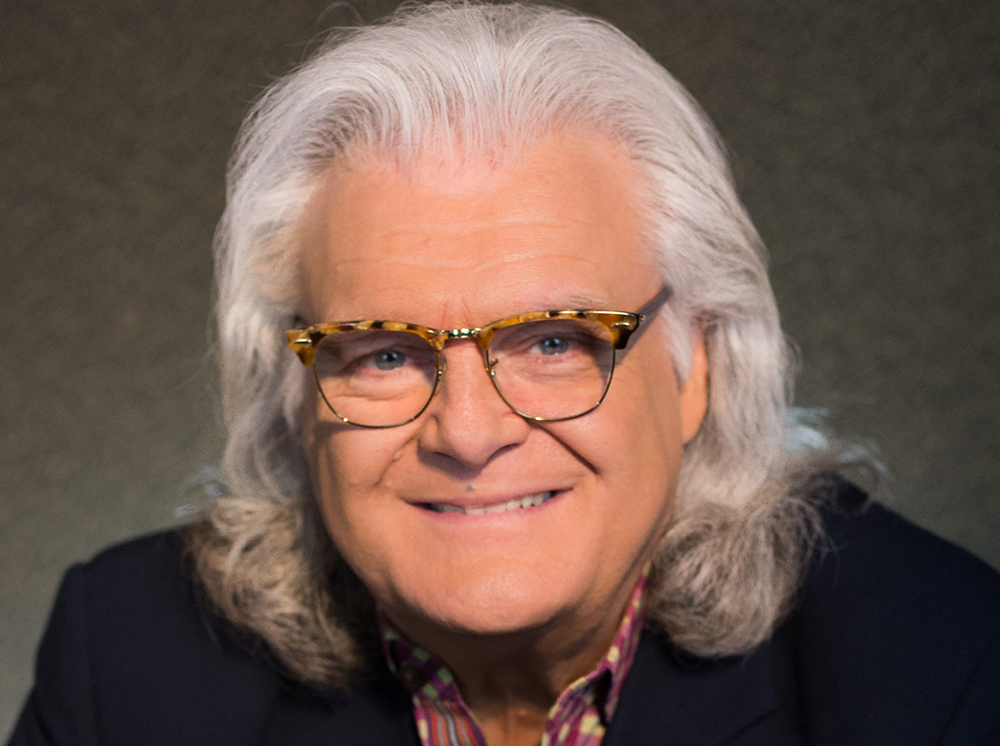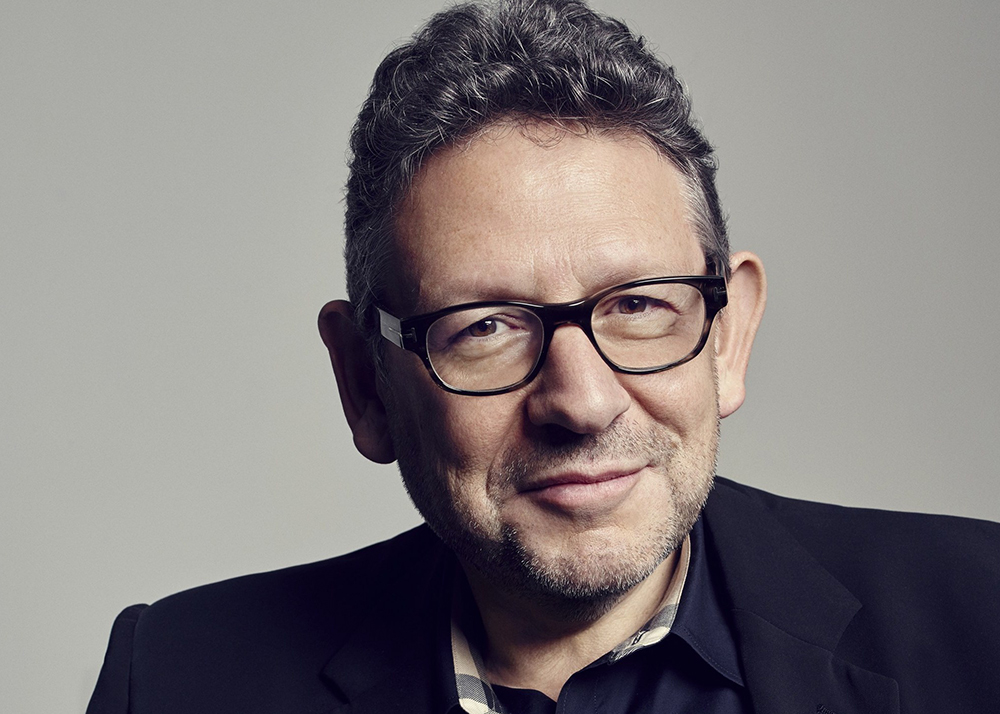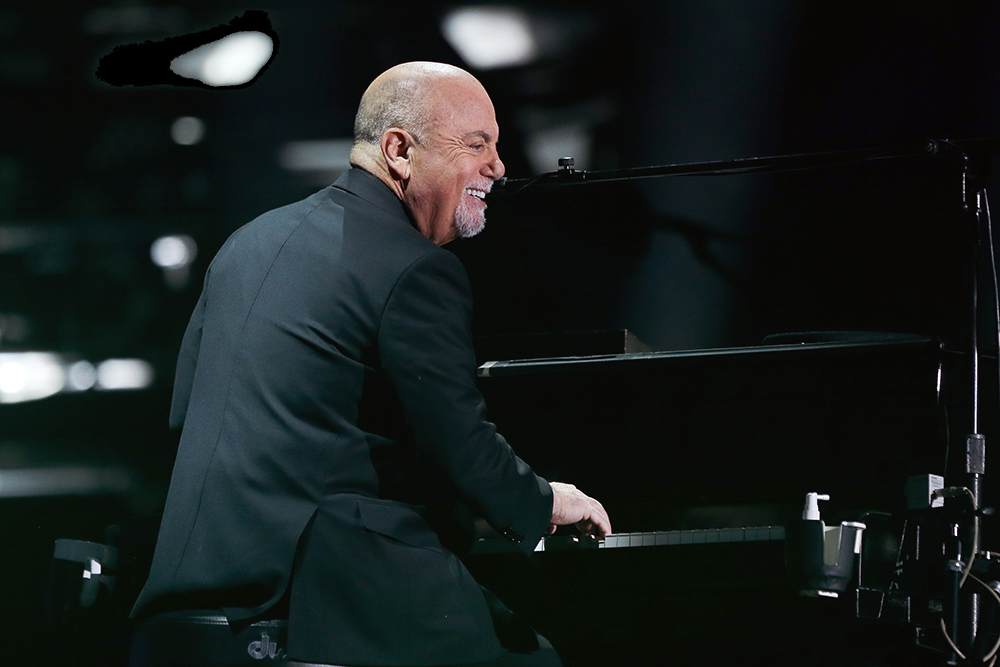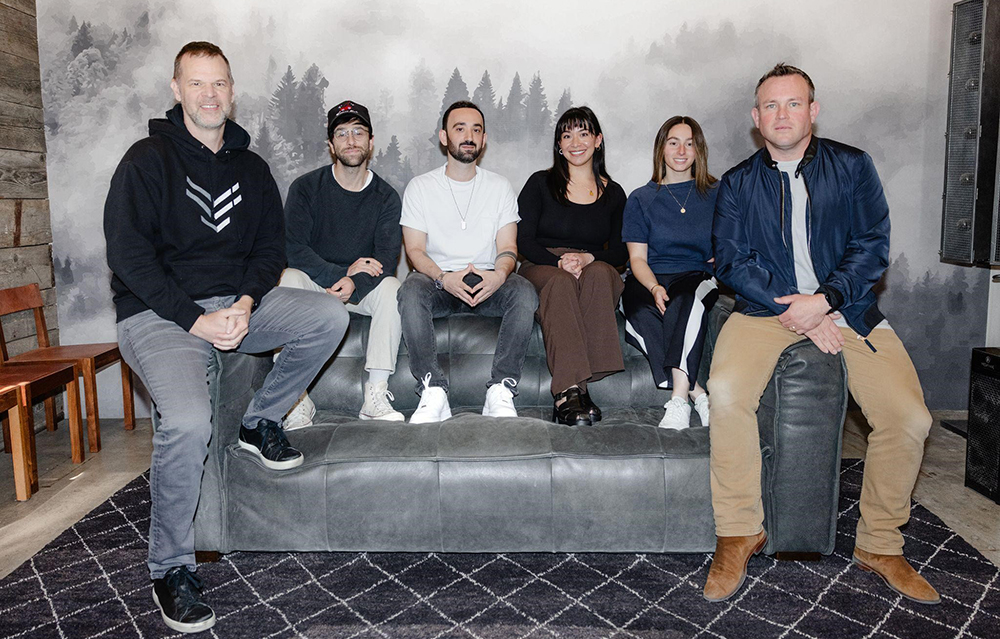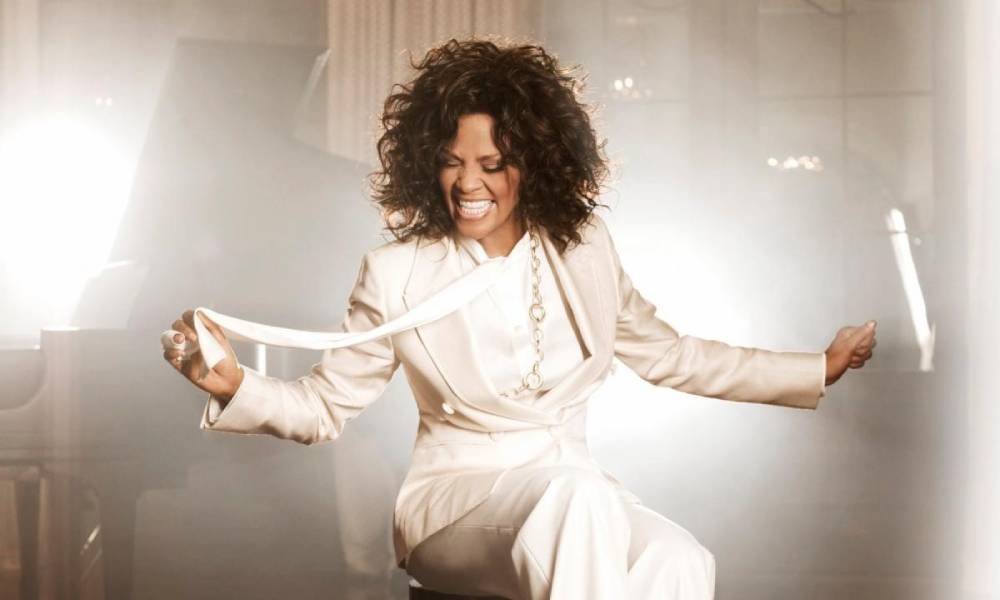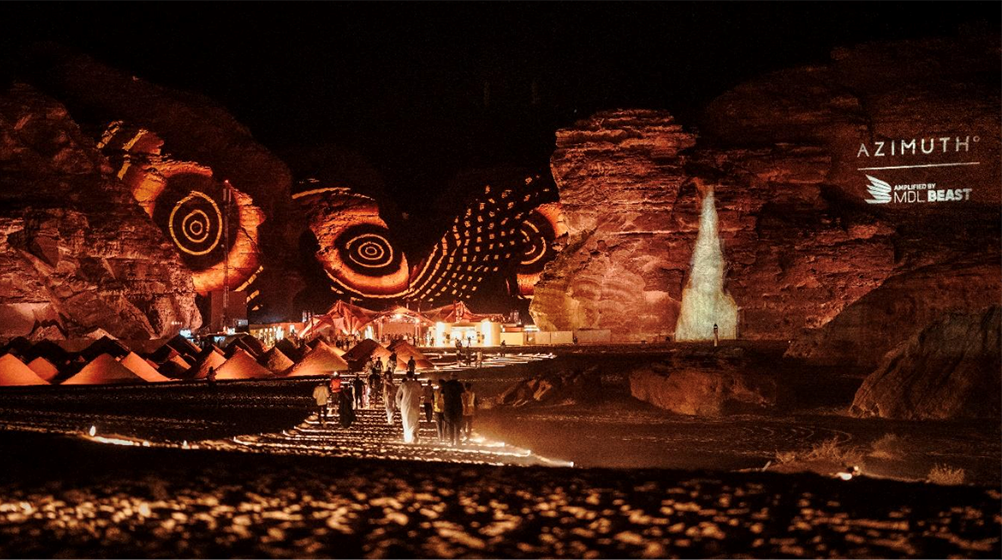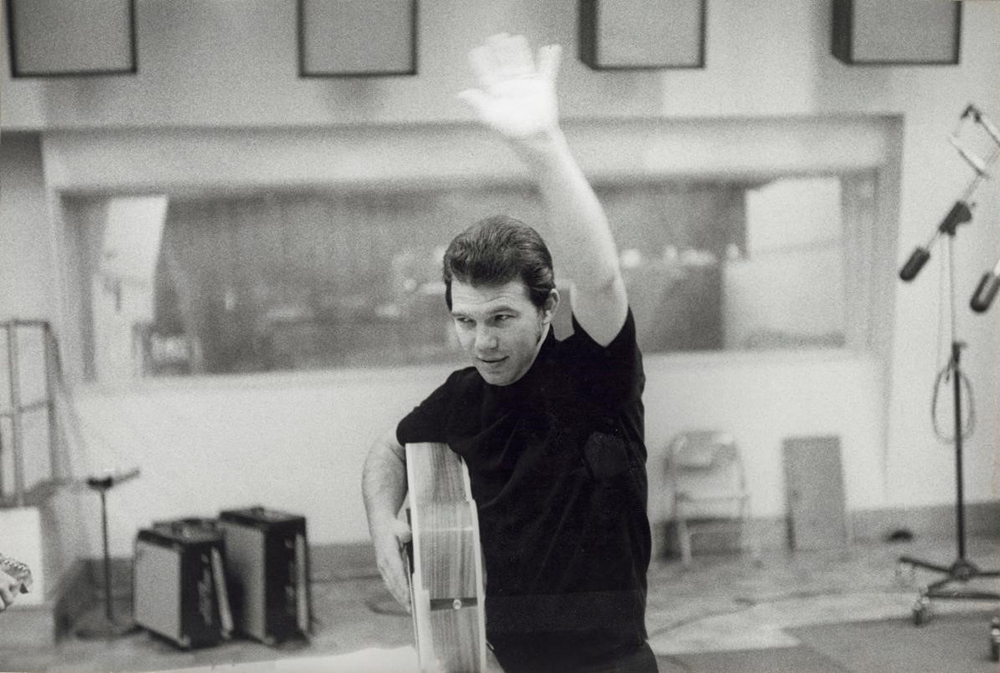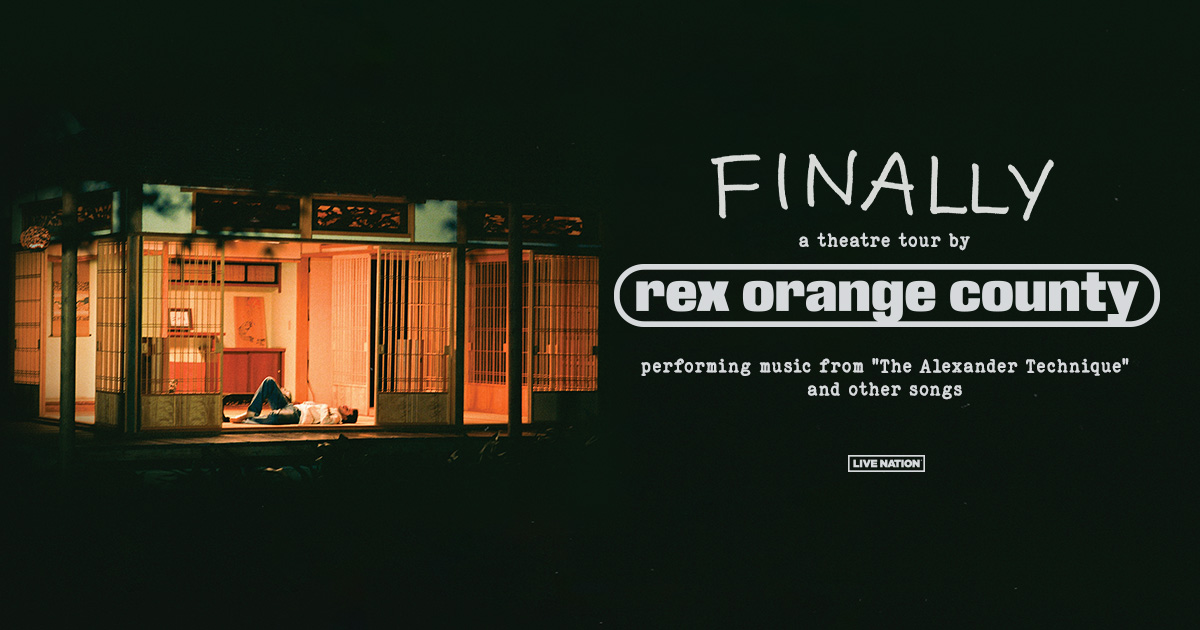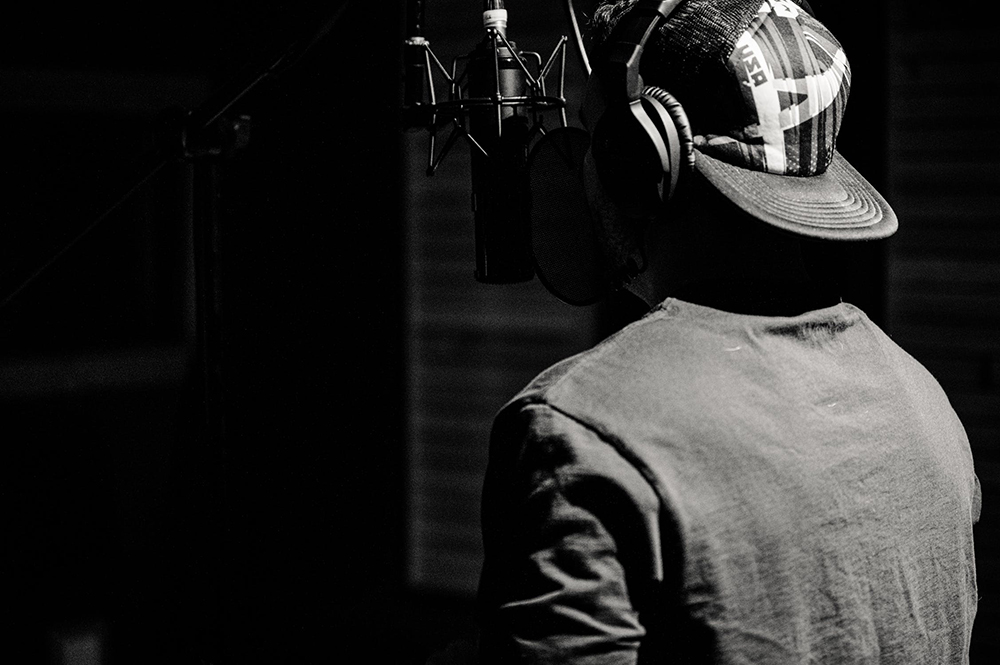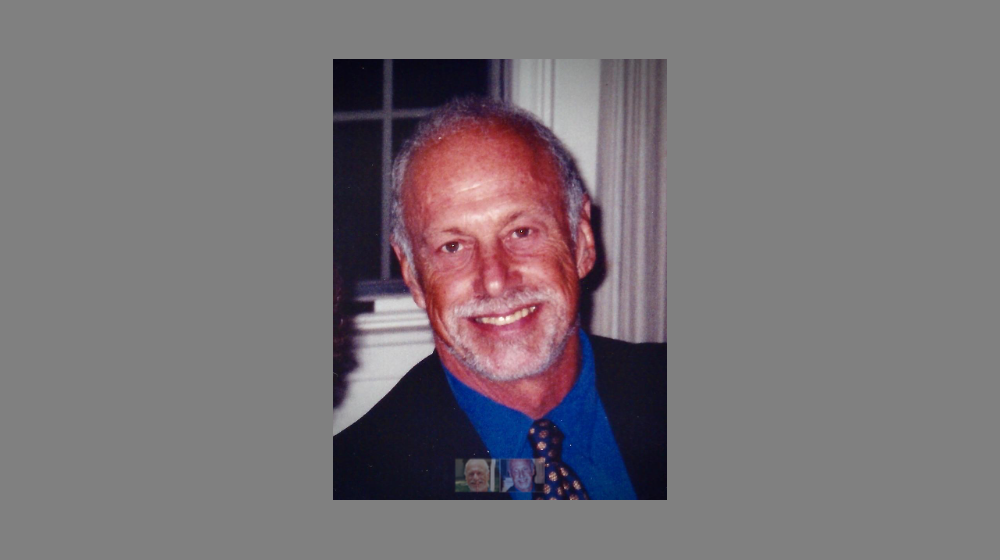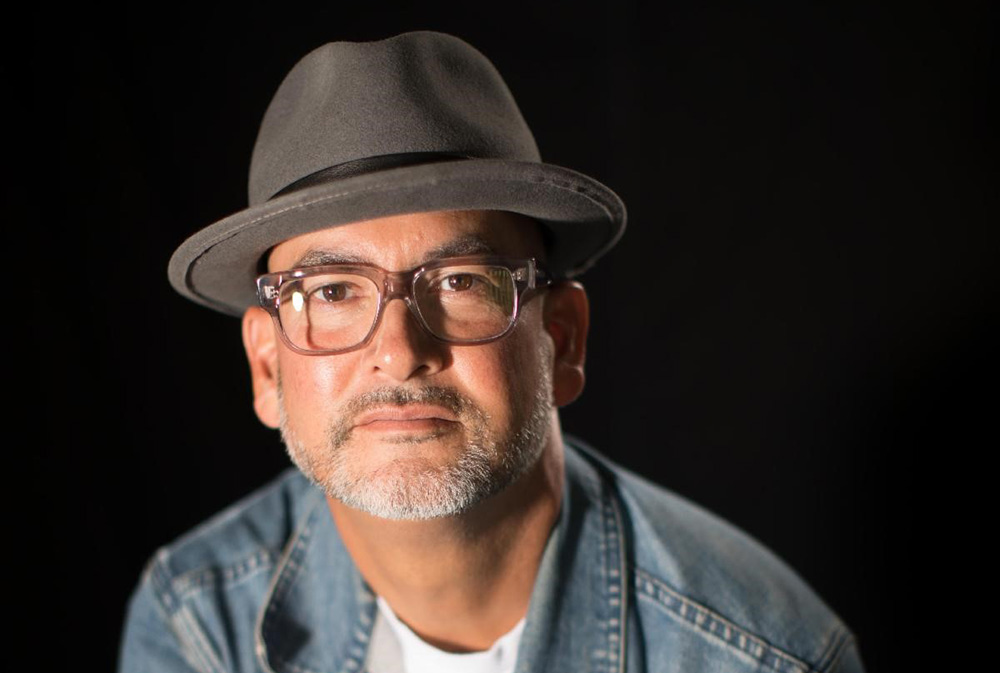
NEW YORK (CelebrityAccess MediaWire) — Sergiu Luca, a Romanian-born American violinist who founded several important chamber music festivals and ensembles and who was renowned for the breadth of his repertory and the elegance and warmth of his tone, died on Monday at his home in Houston according to the New York Times. He was 67.
The cause was bile-duct cancer, John Gingrich, Mr. Luca’s manager since 1970, said.
Mr. Luca founded the Chamber Music Northwest summer festival in Portland, Ore., and Context, a period-instrument group based in Houston, among other ensembles, but it was in New York that he established his own career, playing the virtuoso Romantic repertory in the late 1960s and early ’70s. By the mid-’70s he began experimenting with period instruments for performances of Baroque music.
At the time, performing on 17th-century violins was the province of specialists, and to this day relatively few violinists move easily between Baroque and modern violins, which differ in string tension, timbres and bowing styles. In his early performances he tried to find common ground between Baroque and modern approaches.
“I do rely on scholarship to find out what I ought to be doing,” he told The New York Times in 1977. “But I’m not doing it to educate people, or to be authentic, or to be historically accurate. I simply believe that this is the only way to approach the true quality of sound of the Baroque period, and that sound is what suits the music best. Do you realize how much great music is never played, simply because it doesn’t sound right on modern instruments?”
Mr. Luca explored some of that music in his concerts and on disc. On “The Devil’s Trill,” one of several recordings he made for Nonesuch, he gave spirited accounts of sonatas by Tartini, Nardini and Chabran, with the harpsichordist James Richman and the cellist Barbara Bogatin.
He also devoted three discs to music by Louis Ferdinand, Prince of Prussia — a contemporary of Beethoven’s — along with works of Schumann, performed with Context on the Zephyr label.
In more conventional corners of the early repertory, Mr. Luca made a highly regarded recording of Bach’s Sonatas and Partitas for Unaccompanied Violin and, with the fortepianist Malcolm Bilson, a traversal of Mozart’s Sonatas for Violin and Piano.
But if his period-instrument adventures won him considerable attention, Mr. Luca also remained a passionate performer of Romantic and contemporary works, played on a modern violin. Along with his recordings of works by Beethoven, Spohr and Dvorak, the highlights of his discography include his impassioned performances of the Bartok Sonatas, as well as Bartok’s jazzy “Contrasts,” with the clarinetist David Shifrin and the pianist Paul Schoenfield, and a disc devoted to violin works of the American eclectic William Bolcom.
Sergiu Luca was born in Bucharest on April 5, 1943, and entered the Bucharest Conservatory at age 5, a year after he began playing the violin. He moved to Israel with his family in 1950 and made his public debut as a soloist with the Haifa Symphony when he was 9.
He continued his studies in London, with Max Rostal, and in Berne, Switzerland, before Isaac Stern arranged for him to come to the United States to study with Ivan Galamian at the Curtis Institute of Music in Philadelphia.
Mr. Luca made his American debut playing the Sibelius Concerto with the Philadelphia Orchestra in 1965. He repeated the work later that year with the New York Philharmonic on one of Leonard Bernstein’s televised Young People’s Concerts. He made his New York recital debut at the Metropolitan Museum of Art in November 1969 playing Mozart, Brahms, Prokofiev and Janacek. In his review in The New York Times, Donal Henahan described Mr. Luca as “an uncommonly mature artist for a 25-year-old.”
Mr. Luca also had a talent for organizing and programming. After founding the Chamber Music Northwest in 1971, he ran the festival until 1980. He started the Cascade Head Music Festival in Lincoln City, Ore., in 1985 and directed it for 21 years.
In Houston, where he was a professor of the violin and an artist in residence at the Shepherd School of Music at Rice University since 1983, he started the chamber group Da Camera of Houston, running it from 1987 to 1993 before becoming a co-founder of Context in 1996. He was also the music director of the Texas Chamber Orchestra from 1982 to 1987.
He is survived by his wife, Susan Archibald, and their 4-year-old daughter, Lily.
“My purpose is to broaden my scope as an artist, not to choose a corner to hide in,” he once told an interviewer who asked if he had hoped to specialize in Baroque music. “I want to get as close to as many different periods as I can, to embrace as large a repertory as possible, to be involved with all styles and musical ideas.”
According to the New York Times
































